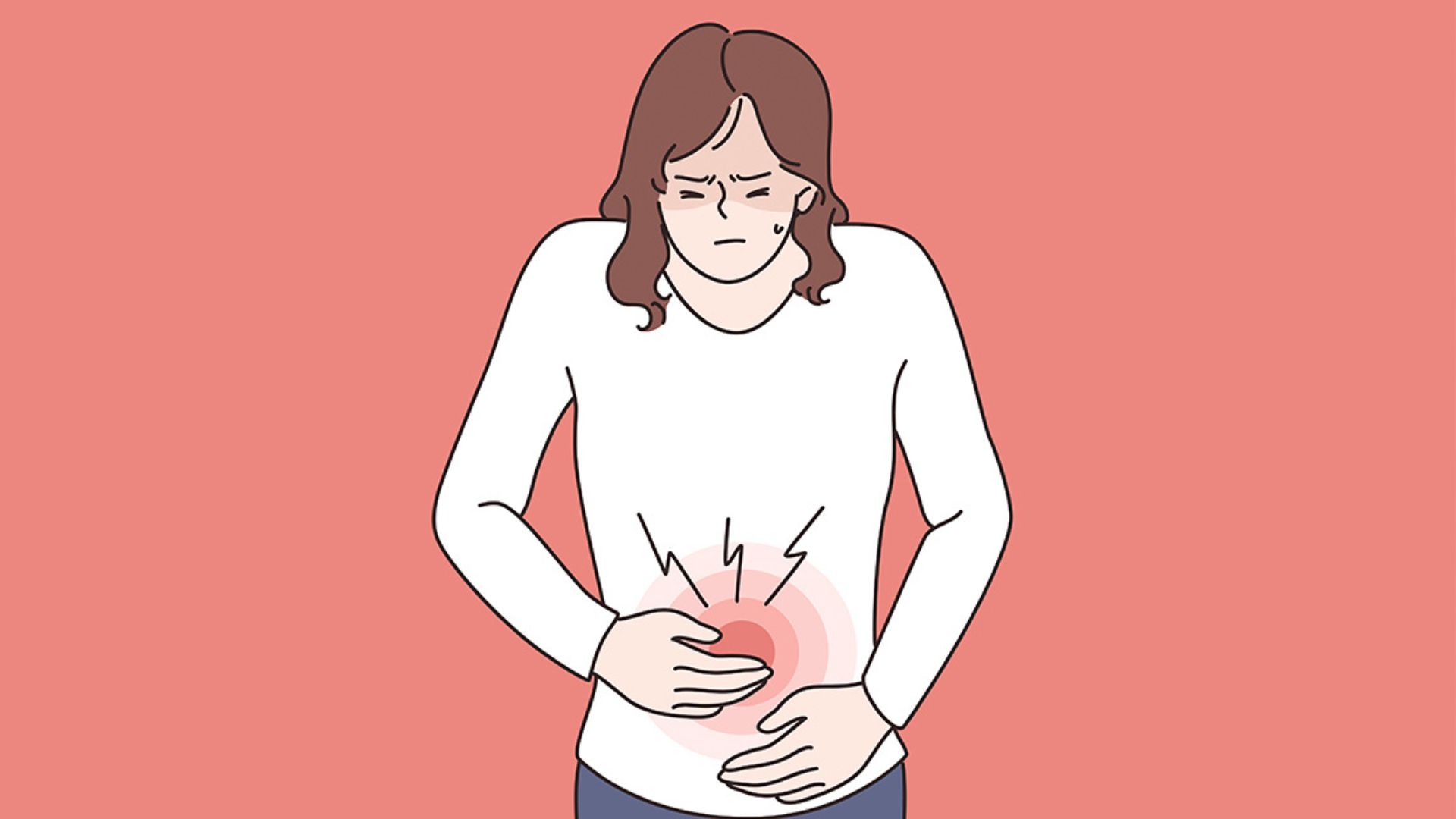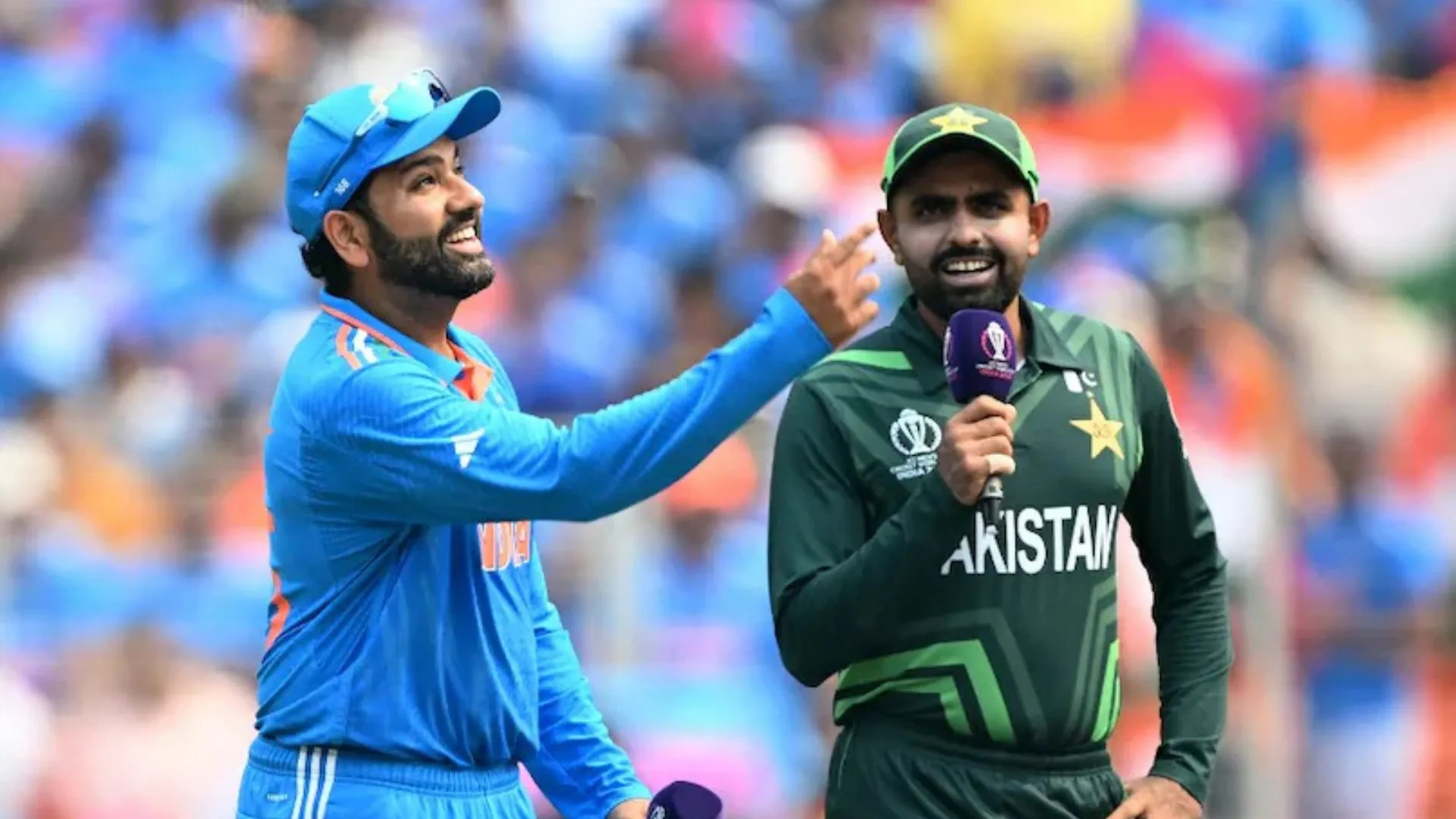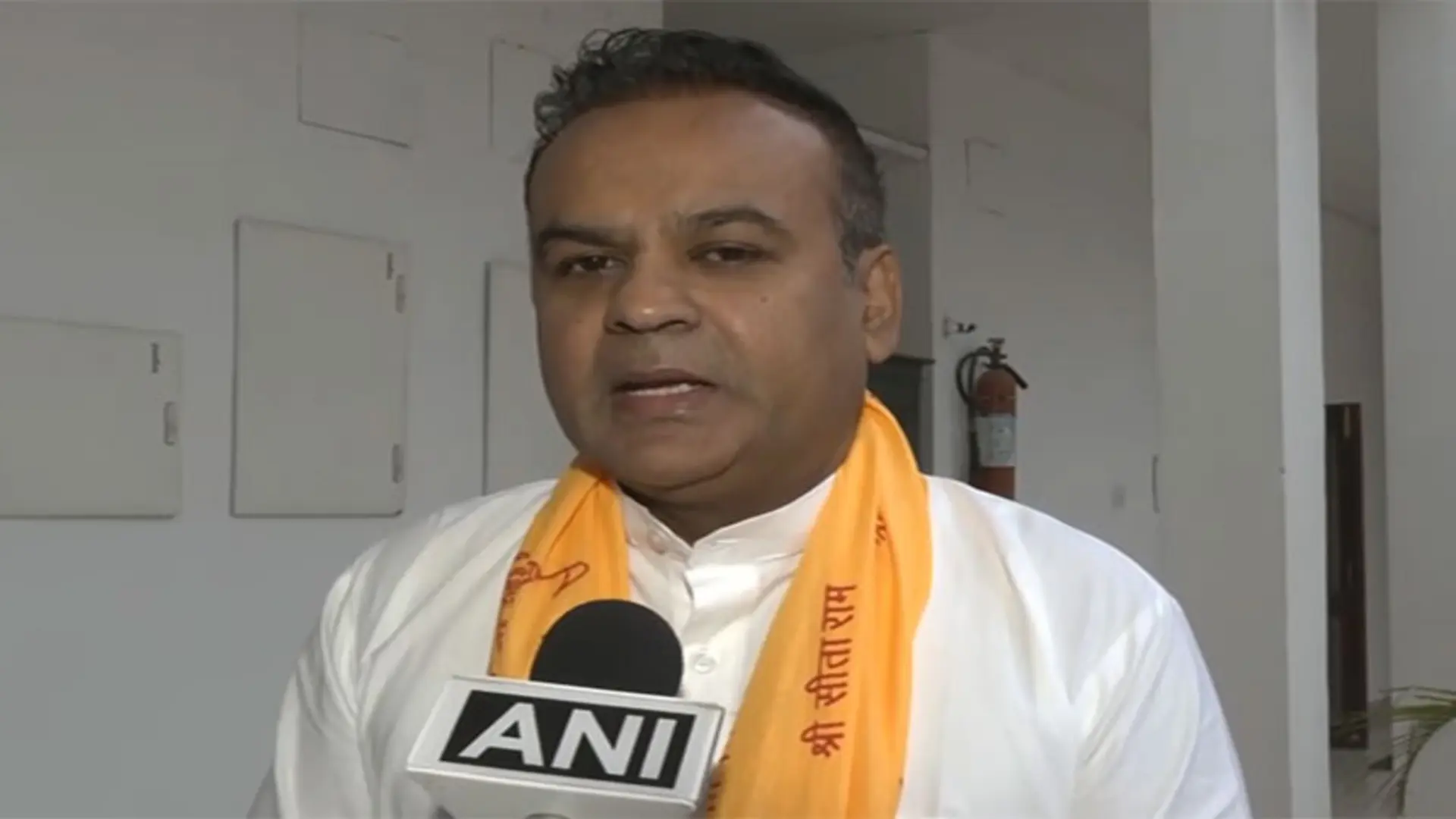Health check-ups are pretty common these days. Ever since the pandemic has brought outdoor and recreational activities to a halt, people are getting warier of their health. So naturally, this attracts many people, especially the middle-aged population, to opt for a whole body check-up to assess their health status.
Cardiac health packages usually include ECG, 2D-Echocardiography (Echo) and Treadmill test (TMT), also known as a Stress test. ECG and Echo are done to see the condition of the heart at baseline. While an ECG primarily gives you the status of the heart muscle’s electrical properties and provides some insight into damage to the heart muscle due to a previous heart attack, Echo is done to detect the structural or functional health of the heart muscle. Again, both of these investigations are done to know the baseline status.
On the other hand, a stress test is done to assess the efficiency of the heart’s blood supply after stressing it to its maximum. Every person’s maximum stress limit depends on age, and the test is designed not to cross each person’s limit. If ECG changes occur during a stress test, the test is considered abnormal. This test can also have a small percentage of false positives. Therefore, after considering the patient’s overall risk factor profile, the doctor may suggest performing a coronary angiography to confirm the positive stress test reports.
Finding out significant blockages in the blood vessels is the primary purpose of the stress test. But blockages are of two types. One is the stable cholesterol-rich blockages that develop over the years and gradually lead to symptoms of chest heaviness, breathlessness and reduced stamina. The second is the sudden, complete blockages due to blood clots that can cause heart attacks of varying severity depending on the size of the blocked blood vessel. Stress tests are only helpful in identifying the former as the latter can happen even in patients with normal stress tests. Hence, although the stress test is a crucial tool to identify blockages early, it should be interpreted with caution. This also emphasises the need to maintain healthy lifestyle habits irrespective of your test results.
The writer is a Consultant – Interventional Cardiologist, Jupiter Hospital, Pune.
Cardiac health packages usually include ECG, 2D-Echocardiography (Echo) and Treadmill test (TMT), also known as a Stress test. ECG and Echo are done to see the condition of the heart at baseline. While an ECG primarily gives you the status of the heart muscle’s electrical properties and provides some insight into damage to the heart muscle due to a previous heart attack, Echo is done to detect the structural or functional health of the heart muscle.













